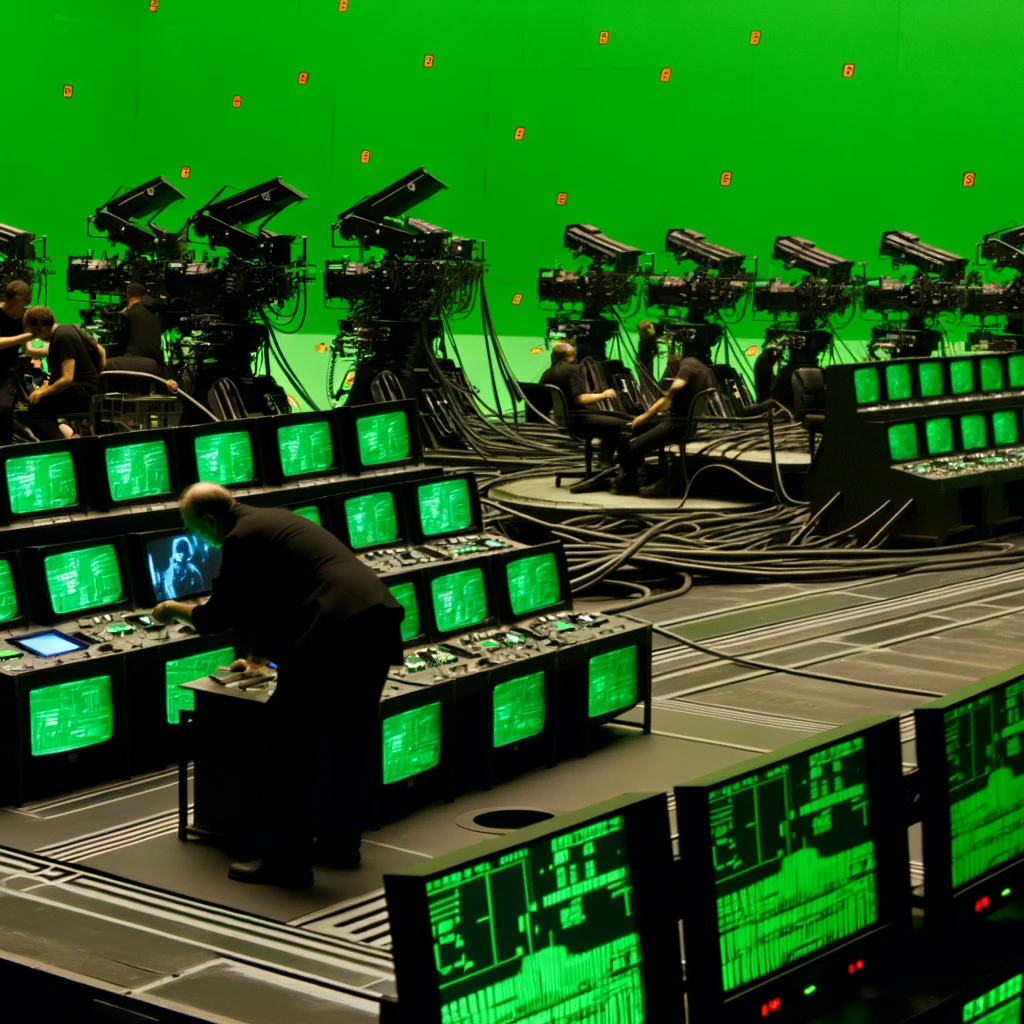Related Articles











'Fight Club,' directed by David Fincher and based on Chuck Palahniuk's novel, is more than just a cult classic film. It delves deep into the philosophical underpinnings of modern society, exploring themes of identity, consumerism, and existentialism. In this article, we will take a closer look at the philosophical messages embedded in the narrative of 'Fight Club' and how they resonate with viewers on a profound level.
'Fight Club' is fundamentally a story about identity. The protagonist, known as the Narrator, is an unnamed office worker disillusioned with his monotonous life. Throughout the film, he struggles with his sense of self, which is characterized by a profound feeling of emptiness and lack of purpose. This is exemplified by his creation of an alter ego, Tyler Durden, who embodies the rebellion and freedom the Narrator craves.
At the heart of 'Fight Club' is an existential crisis. The Narrator's journey is one of self-discovery, as he grapples with the question, "What is the meaning of life?" The film suggests that meaning is not inherent but must be actively pursued and constructed. Tyler Durden's anarchic philosophy challenges societal norms and urges the Narrator to break free from the chains of consumer culture.
'Fight Club' offers a scathing critique of consumerism, a theme that resonates deeply with viewers. Tyler Durden famously says, "The things you own end up owning you." This statement captures the essence of the film's critique, highlighting how individuals often define themselves by their possessions and social status rather than intrinsic values or personal accomplishments.
The film juxtaposes materialism with authenticity, encouraging viewers to question the true source of happiness. It argues that fulfillment comes not from the accumulation of goods but from genuine human experiences and connections. This message is particularly relevant in today's world, where consumer culture is ever more pervasive.
While the violence in 'Fight Club' is often the focus of controversy, it serves as a metaphor for the internal struggle of the Narrator. The fights represent a cathartic release from societal constraints, a way to reclaim control over one's life. The brutal physicality is symbolic of the desire to strip away the superficial layers imposed by society and discover a more authentic self.
The establishment of the fight club itself is an act of rebellion against conformity and societal expectations. It provides a space where participants can express their primal instincts, challenge authority, and rediscover their individuality. This rebellion is not just physical but also intellectual, as it prompts a reevaluation of personal values and beliefs.
'Fight Club' remains a seminal work in modern cinema, not only for its narrative and stylistic elements but also for its philosophical depth. It continues to captivate audiences with its exploration of themes that are universally relevant. Ultimately, 'Fight Club' is a film that challenges viewers to think critically about their own lives and the society they inhabit.
In conclusion, the philosophy of 'Fight Club' is multifaceted and rich with meaning. Its messages about identity, consumerism, and the search for authenticity are as relevant today as they were when the film was first released. By examining these themes, we gain insight into the human condition and the enduring quest for purpose and meaning.